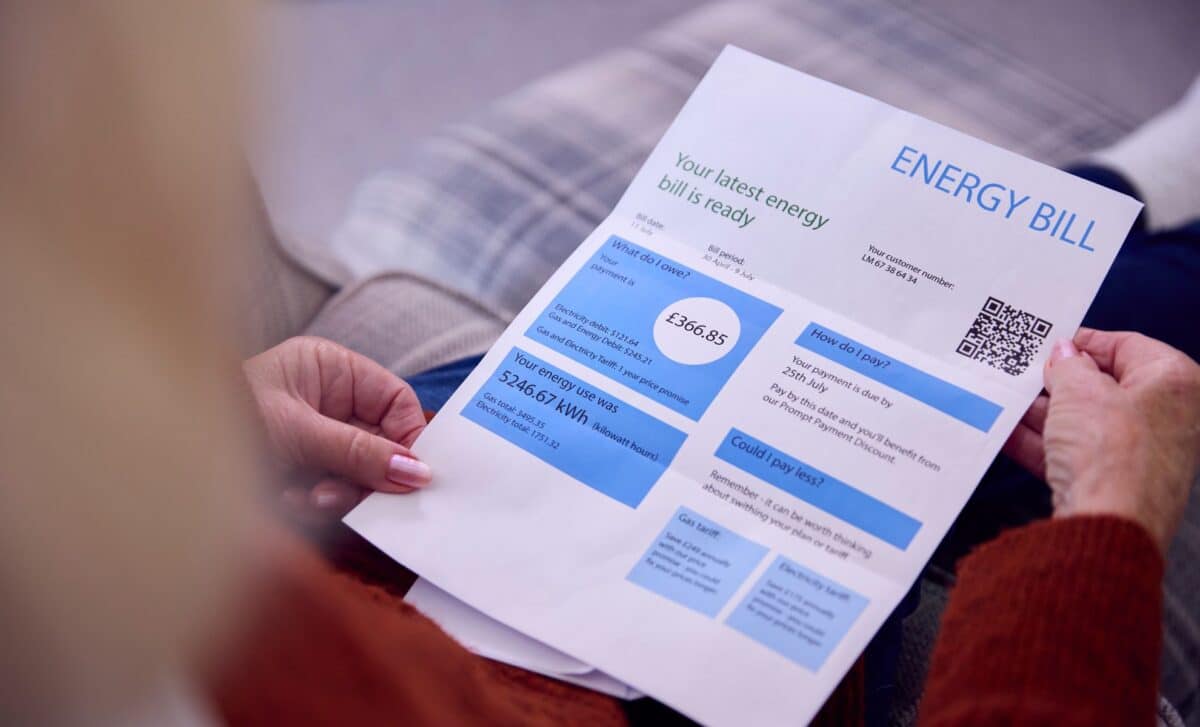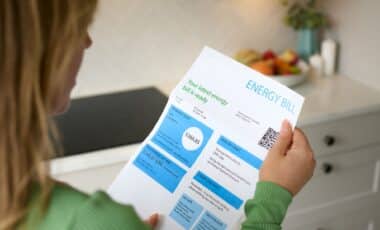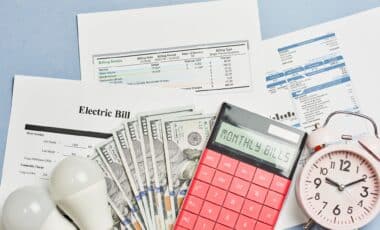Millions of UK homes risk overpaying their energy bills if they don’t submit their meter readings to their energy suppliers this weekend.
Ofgem’s April Price Cap Cut: UK Home Energy Bills Set to Plummet
On Monday, April 1, the regulator’s price ceiling will decrease by 12.3%, from an average of £1,928 annually for a dual-fuel household to £1,690—an average monthly savings of approximately £20.
Starting next month, the average home energy bill is poised to plummet to its lowest level in two years, following Ofgem’s decision to slash its price cap in response to wholesale pricing.
That indicates a reduction of £238 over the course of a year, or around £20 monthly. The decline in wholesale pricing has allowed Ofgem to make its reduction. Compared to £205 in March, the typical household on a standard variable tariff (SVT) is anticipated to pay £127 on energy in April.
Therefore, individuals on standard variable tariffs (SVT) who do not own smart metres have to transmit readings so that their provider is aware of any changes in costs.
Households Urged to Submit Energy Meter Readings to Prevent Overcharging
According to the energy comparison website Uswitch, 14% of those who had not reported readings claimed they were unable to read their metre, while 12% claimed they were unaware of its location.
In the meantime, slightly more than 25% of homes admitted to entering metre readings incorrectly. The most frequent errors were mistaking gas and electricity meters for one another and putting figures in the incorrect sequence.
Gallizzi, energy spokesman at Uswitch.com, said: ‘We urge any households without a smart meter to submit their meter readings this bank holiday weekend, so their supplier has an updated and accurate view of your account on or around April 1.
“This is when the next energy price cap comes into effect, which will see the rates that households on standard variable tariffs pay for their energy fall for April, May and June.
“If you delay submitting your readings, some of your energy usage could end up being charged under the higher rates we’re currently facing.
“All households without a smart meter should ideally submit a meter reading every month to improve the accuracy of their bills.”










What time the best price and what the best company